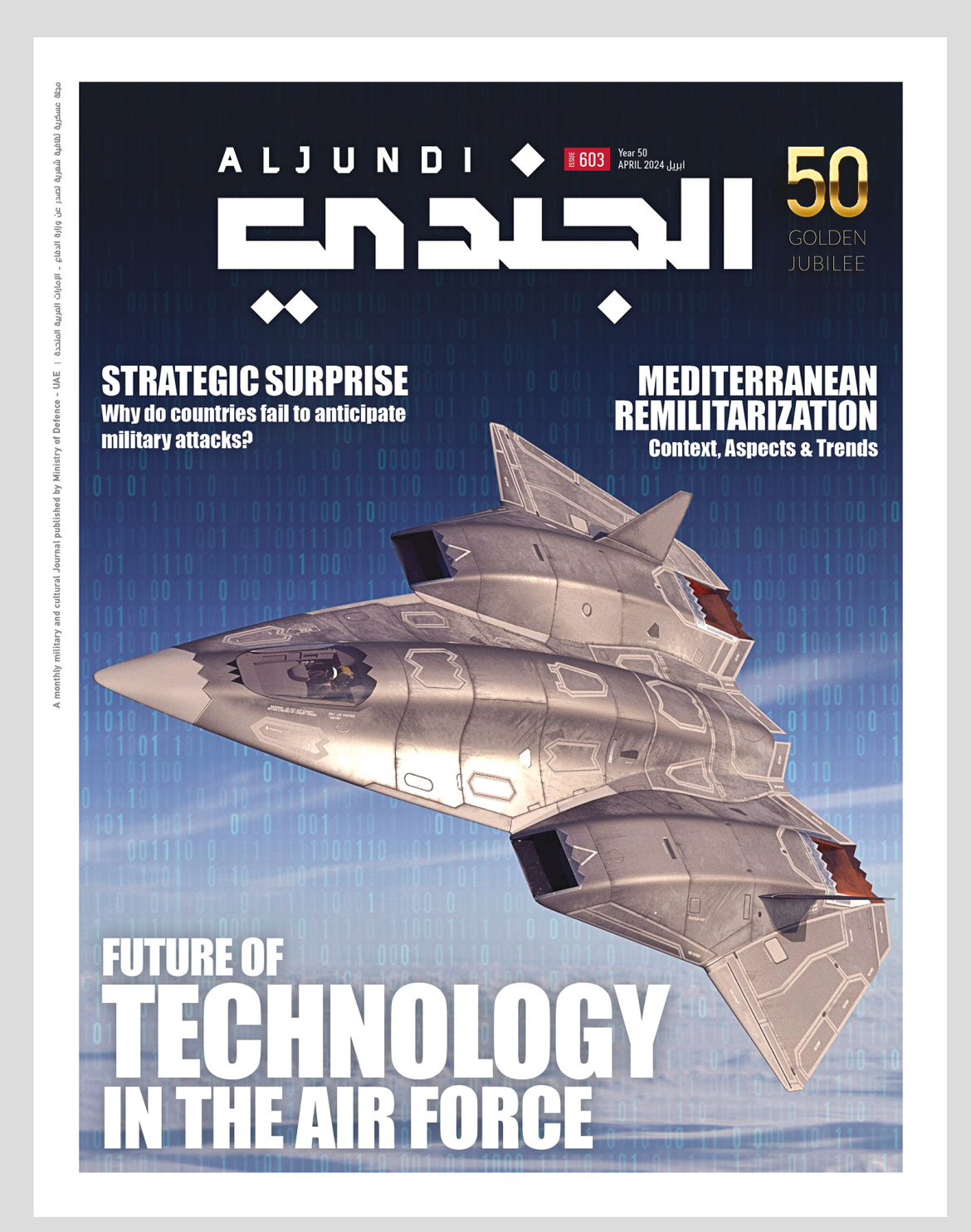Since the outbreak of the so-called Arab Spring, which led to the rise of political Islam groups to power, the change in Turkish foreign policy became conspicuous, as Turkey began to abandon “pragmatism” to “ideology”, but the Brotherhood’s rise to power did not last long. The resounding fall during the June 30 revolution was the end of the era of political Islam rule, but Turkish foreign policy remained governed by “ideology”, which was reflected in the way Turkey performed in dealing with the new phase in Egypt, after the year 2013, as Turkey remained committed to the Brotherhood’s return to power. And it opened the door to the fugitive Brotherhood members, and provided them with a safe haven, financial and media support, and it became clear that Turkey was heading to demolishing what it had built through the strategy of “zeroing out problems”, to turn to a strategy of “creating problems”, as a result of Erdogan’s bias towards his historical roots that link him to the organization. The Brotherhood is part of the National Safety Party, which was founded by Najm al-Din Erbakan in 1972, then the Welfare Party, then the Virtue Party, and then the alliance with the Norse Movement, which has a Brotherhood approach.
Turkey’s “zero problems” strategy, which was “pragmatism” as Turkey’s political orientation, also had an important reflection on the Turkish economy. During the period 2000-2007, Turkey achieved an average annual growth in the gross domestic product of about 4.9%. The strategy of “creating problems” or the ideological trend that governed Turkish foreign policy, after the period of what was called the Arab Spring, had a negative impact on the Turkish economy, as Ankara today is plunged into the cycle of economic crisis and the resounding decline of the Turkish lira, which is undoubtedly a complex crisis. The political factor has played a major role in deepening it, especially after Turkey became isolated from its Middle Eastern surroundings and entered into a collision with the countries of Arab weight (Saudi Arabia and Egypt).
The economic crisis that Turkey is experiencing, is a complex crisis in which the political factor played an important role. It became clear that it began to press for a change in Turkish foreign policy by returning to “pragmatism”, which continued to govern Turkish foreign policy, and reached its climax in 2002 with the arrival of the Justice and Development Party to power. This party which adopted at the time the strategy of “opening up to the countries of the Middle East and zeroing in the problems with neighboring countries”, as this strategy had a good reflection on a breakthrough in the economic situation that had been in crisis since the 1990s, and witnessing a slowdown in the rate of economic growth. We find signs of “political Pragmatism” with the separation between the Turkish regime and its relationship with the Brotherhood, and a return to building bridges, in an attempt to restore the relationship with both Saudi Arabia and Egypt.







